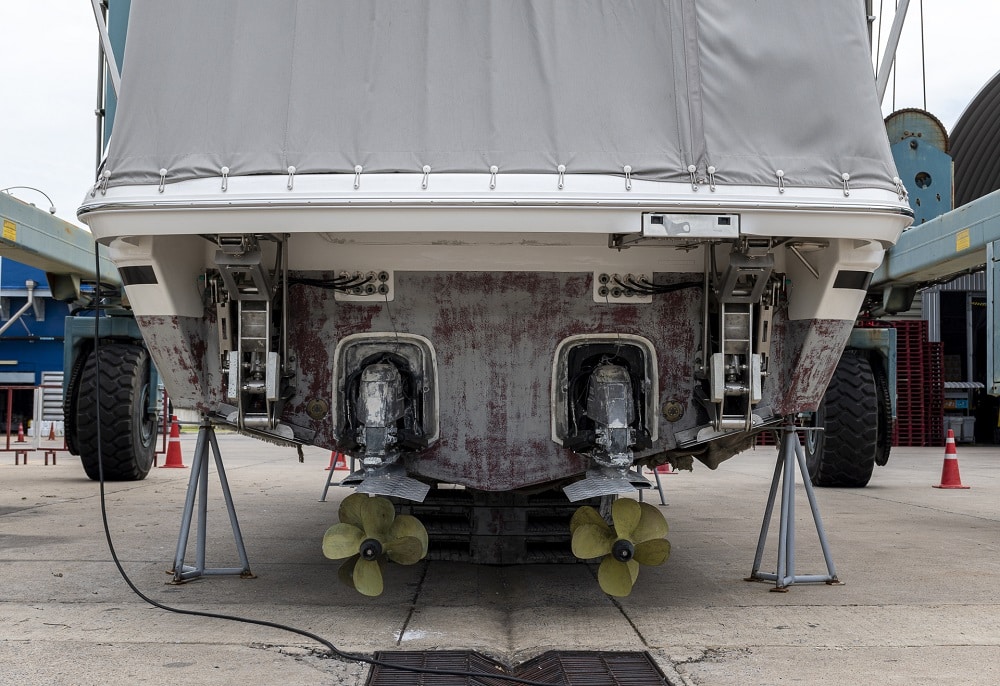Table of Contents
Boat management has come a long way over the years, with the most recent advancements making it easier than ever to ensure your vessel is safe, secure and performing optimally. The latest technologies and tools have transformed the way we manage boats and yachts, allowing us to track everything from fuel consumption to weather conditions with just a few taps on a smartphone or tablet.
That said, this blog post delves into some of the most recent developments in boat management. Whether you’re an experienced boater or just getting started, continue reading to learn more about cutting-edge tools and technologies to navigate the waterways with confidence and ease.
These boat management systems improve docking by automating boat steering, acceleration and deceleration. They reduce operator stress, improve safety and minimize damage to the vessel and its surroundings. There are numerous options available on the market, from low-cost to high-end. Technological advancements will almost certainly cause even more sophisticated systems in the future.
To learn about 4 effective tips for marine fuel management, read this.
Boat owners can now use sensors, cameras and other electronic equipment to track the boat’s condition, location and performance in real-time via a mobile application or web-based platform. These controls allow boat owners to receive alerts and notifications about potential boat issues such as low battery levels, high bilge water or engine malfunctions. It improves safety by providing boat owners with real-time information about the condition and location of their vessel, which can be useful in emergencies such as theft, fire or sinking. In short, it enhances boat safety to a large extent.
Predictive maintenance is a data-driven boat management approach that allows boat owners and operators to predict potential equipment failures before they occur, resulting in less downtime and lower maintenance costs. This type of maintenance entails the use of advanced sensors and monitoring systems to collect real-time data on the performance of various boat components.
The data is then analyzed with machine learning algorithms to identify any patterns or anomalies that may indicate a problem. Boat owners and operators can use predictive maintenance to stay ahead of potential problems, schedule maintenance more efficiently and ultimately improve the safety and reliability of their vessels.
Integrated Navigation Systems (INS) is a type of advanced boat management technology that enables sailors to navigate rough seas more easily and accurately. An INS employs multiple sensors, software and display technologies to provide the skipper with all information required to sail safely and efficiently. These systems combine numerous navigational tools such as GPS, radar, sonar and electronic charts into a single, user-friendly interface.
INS has numerous advantages including improved situational awareness, increased safety and reduced workload for the skipper. INS can help sailors avoid collisions, navigate through difficult conditions and reach their destination by providing real-time information about the boat’s position, speed and direction.
In conclusion, the latest advancements in boat management have revolutionized the industry, offering boat owners and operators a range of cutting-edge solutions to enhance safety, improve efficiency and promote sustainability.
To simplify your boat management process with Dockmaster – an industry-leading marine management software, click here.
